Europe is facing a new energy crisis as gas reserves are rapidly depleted and there is a risk of supply disruption from Russia.
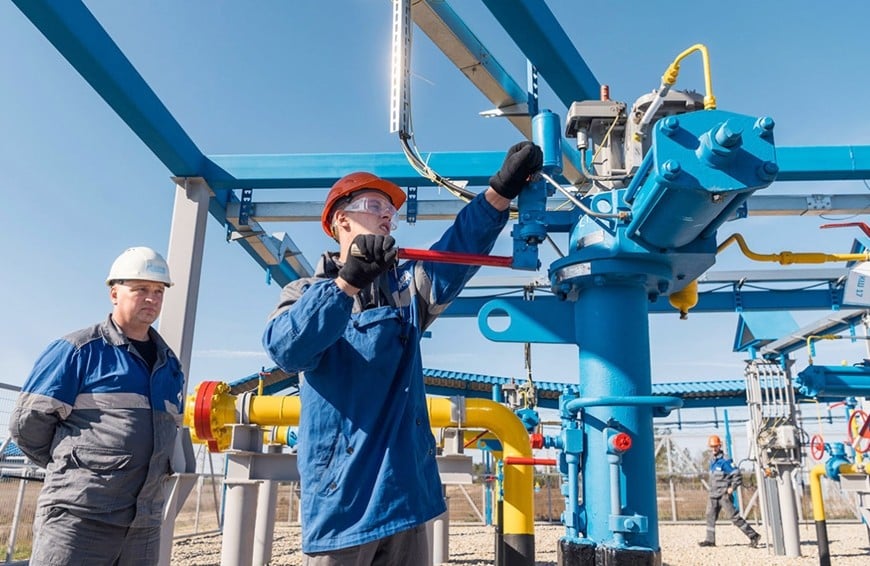 |
| More than two years after Russia restricted supplies, Europe is still struggling to protect its energy system. (Source: The Moscow Times) |
Bloomberg news agency said that gas prices in Europe have increased about 45% this year due to escalating tensions in Ukraine.
While still below the 2022 peak, these high prices threaten to exacerbate the cost-of-living crisis for consumers and increase competitive pressure on producers.
The current situation is particularly worrying because gas reserves are running out rapidly as the weather turns winter, increasing heating demand, the source said.
In addition, low wind power production has increased demand for gas, causing reserves of this gold source to decline.
More than two years after Moscow restricted supplies, Europe is still struggling to protect its energy system, with tightening markets reflecting the continent’s challenge to wean itself off Russian fossil fuels.
Speaking at a recent conference, CEO of German energy company RWE AG Markus Krebber highlighted ongoing gas supply challenges and warned of potential shortages in the winter due to rapidly depleting reserves.
“Europe needs to increase its import capacity to achieve real independence from Russian gas,” said Markus Krebber.
While the region has significantly reduced its dependence on Moscow gas, the loss of remaining supplies would strain the market and push up global prices, according to analysts at consultancy Energy Aspects.
Europe had been preparing for the gas transit deal through Ukraine to expire at the end of the year, but recent sanctions could halt the flow of energy sooner than that.
Market pressures are evident in the unusual reversal of summer and winter gas prices, according to Bloomberg . Summer prices are typically lower, allowing countries to buy to replenish reserves. But they are now higher than gas prices for next winter.
This suggests expectations of persistently high energy costs and difficulty replenishing storage in 2025. The lower storage levels this winter, the more difficult and costly replenishment will be.
Meanwhile, Germany, which has been struggling to cut industrial production due to high energy costs, faces a particularly serious challenge. A faster decline in gas inventories signals the possibility of a third straight year of economic hardship.
"Energy-intensive economies like Germany will be hit hardest in this crisis," predicted Ole Hansen, head of commodity strategy at Saxo Bank AS.
Source: https://baoquocte.vn/khung-hoang-nang-luong-chau-au-tinh-hinh-dac-biet-lo-ngai-du-tru-khi-dot-dang-can-kiet-nhanh-chong-295043.html








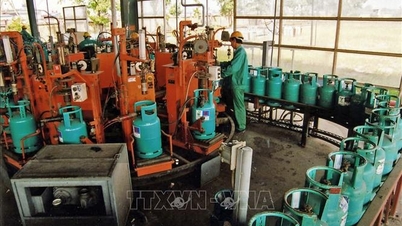




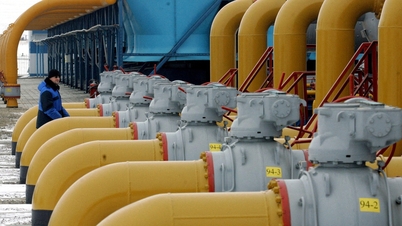
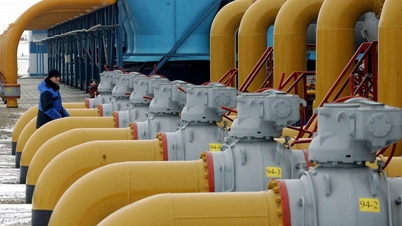
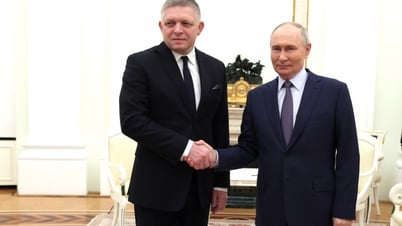















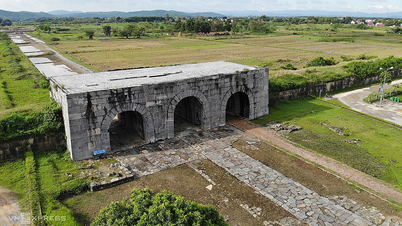


![[Photo] Worshiping the Tuyet Son statue - a nearly 400-year-old treasure at Keo Pagoda](/_next/image?url=https%3A%2F%2Fvphoto.vietnam.vn%2Fthumb%2F1200x675%2Fvietnam%2Fresource%2FIMAGE%2F2025%2F12%2F02%2F1764679323086_ndo_br_tempimageomw0hi-4884-jpg.webp&w=3840&q=75)
![[Photo] Parade to celebrate the 50th anniversary of Laos' National Day](/_next/image?url=https%3A%2F%2Fvphoto.vietnam.vn%2Fthumb%2F1200x675%2Fvietnam%2Fresource%2FIMAGE%2F2025%2F12%2F02%2F1764691918289_ndo_br_0-jpg.webp&w=3840&q=75)



























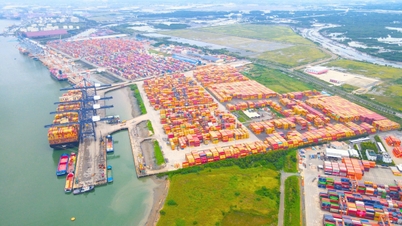


























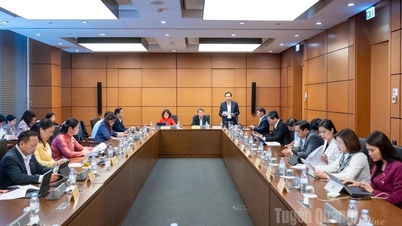


















Comment (0)